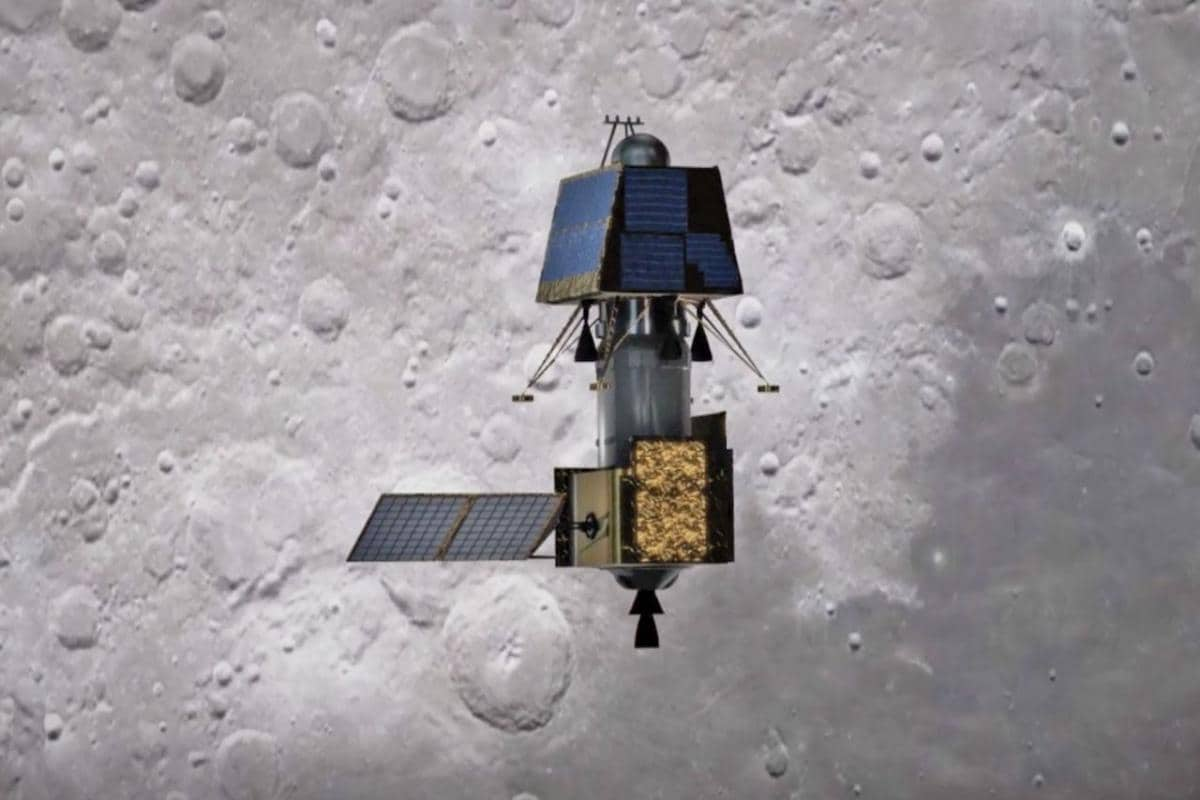
Chandrayaan 2 completed one year around the moon on Friday. This is yet another milestone in the Indian Space Research Organisation’s list of achievements. It is to be noted that despite the Vikram lander failure, this was loaded with eight scientific instruments and has been performing well in the last one year. It also has enough fuel to last for seven years.
This mission was launched in July and landed on August 21 a year ago. It is being maintained at 100+/- 25 km polar orbit with regular orbit maintenance manoeuvres.
Chandrayaan-2 has captured images of the Moon and one of the craters has been named after Vikram Sarabhai, the father of the Indian space programme, a statement said on Friday.
Minister of State in the Prime Minister’s Office Jitendra Singh said that as Vikram Sarabhai’s birth centenary year completed on August 12, this was a thanksgiving tribute to the scientist. “The Indian Space Research Organization has sought to pay tribute to him in a special way by announcing that Chandrayaan-2 Orbiter has captured the Moon images of ”Sarabhai Crater”,” the statement quoting Mr Singh said. The Sarabhai Crater is around 250 to 300 kilometres east of the crater where the Apollo 17 and Luna 21 Missions had landed.
After a year of operations, Chandrayaan-2 has mapped nearly 1.5 million square miles (4 million square kilometres) of terrain, according to ISRO. One area of interest was the Balmer-Kapteyn basin region, which includes a “light plains” deposit of lunar soil, or regolith, on top of an older, basaltic surface. This zone shows the changes that occur after meteorites slam into the moon’s surface; nearby areas have a clear impact crater system that generated the fresher shower of dust.




